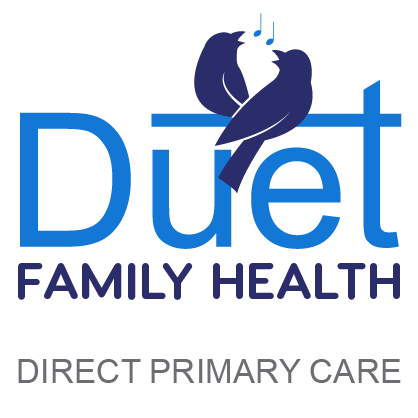Menopause is a natural process, but every woman experiences it differently.
And the treatment is very personal.
Unfortunately most physicians are uninformed about perimenopause and are not trained to prescribe hormonal treatments. Dr. Amy is certified by The Menopause Society and experienced in treating perimenopausal symptoms. She believes that every woman should be empowered to choose her own path through this transition, with a full understanding of risks and benefits of treatments.
Options can include medications, supplements, integrative treatments, or lifestyle changes. Dr. Amy prescribes hormonal and non-hormonal therapy, but does not prescribe compounded medications.
The Pros and Cons of Menopausal Hormone Therapy
MHT--usually a combination of estrogen and progesterone--helps with many menopausal symptoms but not all. It is known to increase some risks: (for example, breast cancer, uterine cancer, blood clots) and reduce other risks: (heart attacks, osteoporosis, type 2 diabetes).
The amount and type of risk depends on the length of time since the last period and age, plus individual factors. Generally risks are lower if MHT is started within 5 years of menopause and before age 60, and go up after 5 years of MHT.
Whether MHT is right for you is a complicated question and best discussed with a trained health care provider.
What is perimenopause?
In truth when we say menopause we are really talking about perimenopause
Do I need to check my hormone levels?
Usually not. Testing hormone levels is not helpful for perimenopause for 3 main reasons:
1) In the early stages, hormone levels fluctuate so much that a level on any day does not tell us what it will be the next day;
2) In later stages, when they are stable, we know they are low without testing;
3) hormones are stored in different forms in many body tissues, and levels in the blood don’t reveal levels in the uterus, etc.
What are 'bioidenticals'?
Estrogen and progesterone help with many menopausal symptoms but not all. They are known to increase some risks: (for example, breast cancer, uterine cancer, blood clots)
and reduce other risks: (heart attacks, osteoporosis, type 2 diabetes). The amount of risk depends on the length of time since the last period and age. Generally risks are lower if HRT is started within 5 years of menopause and before age 60, and higher if HRT is used for more than 5 years.
Duet Menopause Management
Come for just menopause care and pay per visit as below, or join as a DPC member for menopause plus primary care.
We do not take health insurance. For menopause visits we can give you paperwork to submit for reimbursement by your insurance plan.
We also offer upfront low cash prices for lab tests and medications.
Initial Consultation - $200
- Medical history and exam
- Development of treatment plan
- Medications and labs ordered if needed for additional fee
- Phone followup
Followup visits - $100
- Every 3-6 months
- Reevaluation of symptoms
- Revision of care plan, medication adjustment or refills
- Phone followup
QUICK LINKS
All Rights Reserved | Duet Family Health
